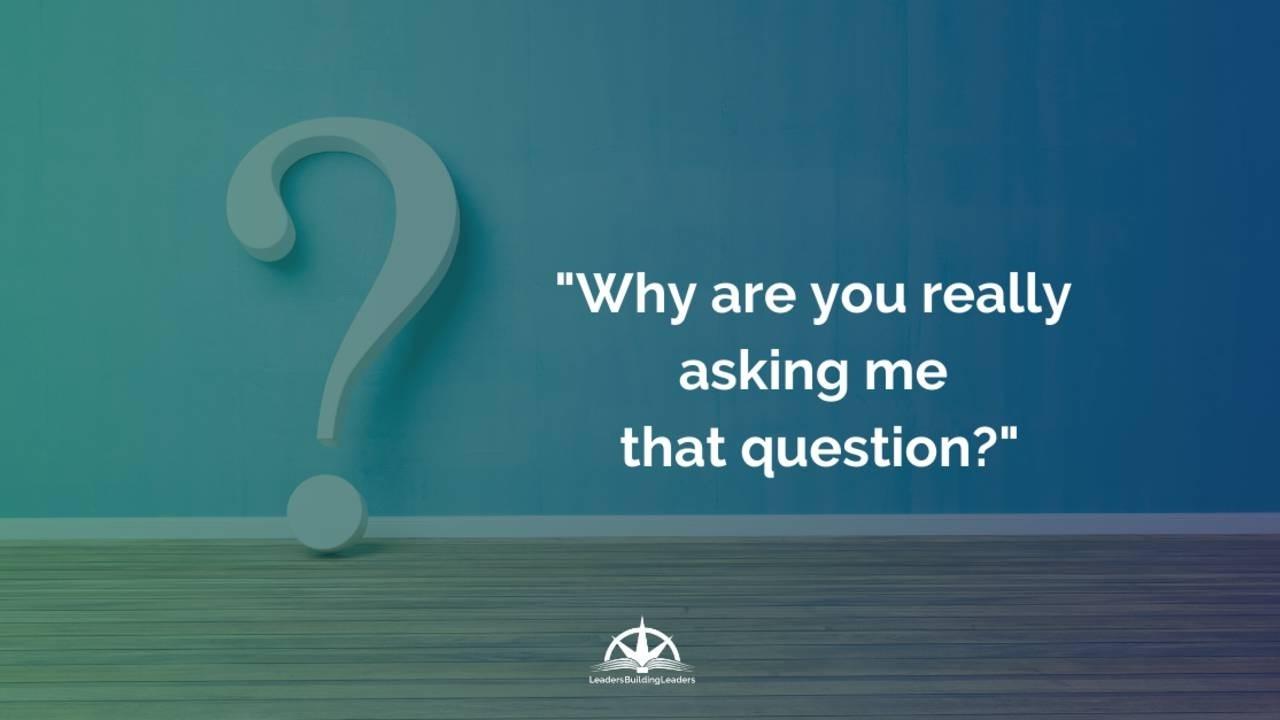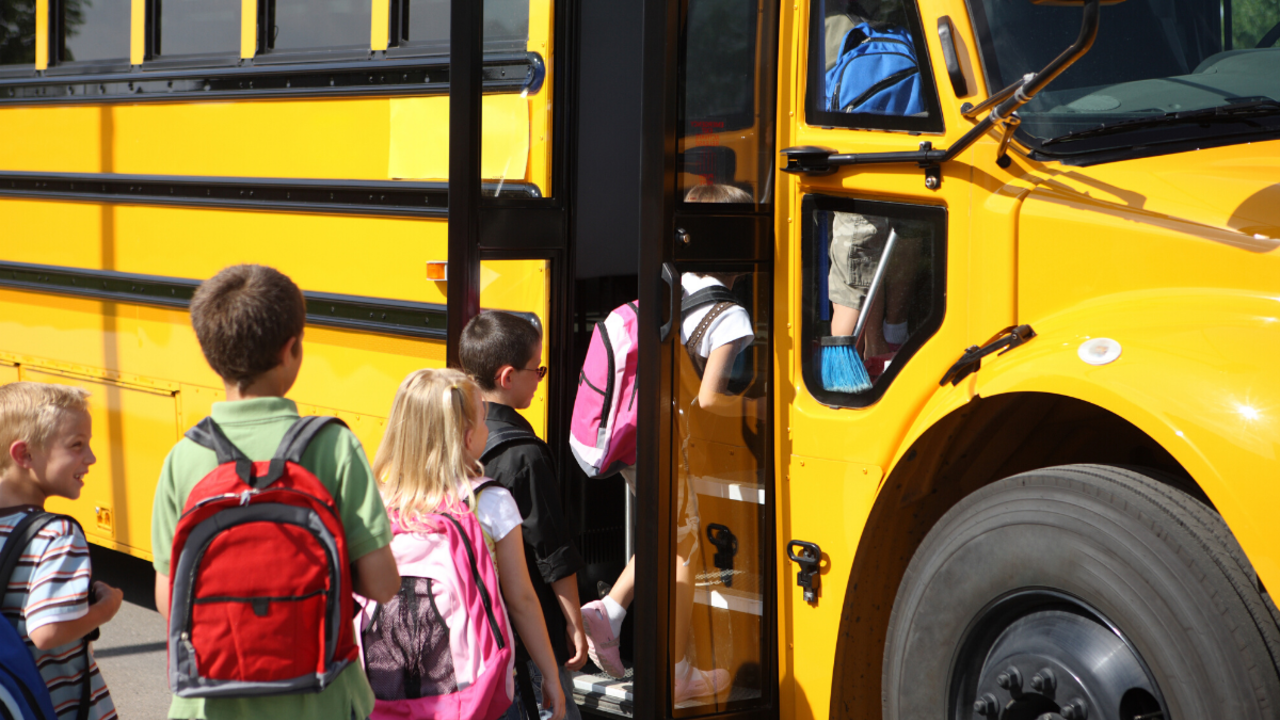Are You Playing Chess or Checkers With Your Team?

A mentor once asked me, "Tom, are you playing chess or checkers with your team?"
Clearly he was challenging me to think about my strategy to grow my team and the business. I wasn't really sure of his metaphor so I started researching and thinking about his question. What are the actual the differences between the two board games? To someone with a painstakingly low SAT score like myself, the answer is simple: Chess is simply “harder.” It requires more knowledge, thought and strategy (please don’t tell that to any professional checkers players). Checkers has fewer rules and is so easy to explain. When it comes down to it, the only identical trait they share is the size of the playing board.
|
Traits |
Checkers |
Chess |
| Board Size | 64 Squares, (8×8) | 64 Squares, (8×8) |
| Game Piece | 12 of all the same pieces | 16 pieces (8 pawns and 8 pieces of hierarchy) |
| Piece Capacity | King ME | Pawns can grow to (Rook, Knight, Bishop or Queen) |
| Movement | Use half the board | ...
Why Are You Really Asking Me This Question?

I believe that asking questions is the most powerful tool in leadership.
In John Maxwell’s Good Leaders Ask Great Questions, he notes:
- Questions unlock and open doors that otherwise remain closed.
- Questions are the most effective means of connecting with people.
- Questions cultivate humility.
- Questions help you to engage others in conversation.
- Questions allow you to build better ideas.
- Questions give you a different perspective.
- Questions challenge mind-sets and get you out of ruts
All of these points seem like excellent reasons why people should not only ask but also encourage others to ask questions because good questions inform and great questions transform.
However, lately, I have seen many relationships go awry because the individual being questioned has interpreted the inquiry as an attack rather than a simple means to attain more information and clearer understanding.
I have observed this type of interaction at charter school board meetings between ...
How To Receive Grants For Your School Even When You Do Not Know How

Hey School Leaders,
I know you are swamped with work and holiday planning, but I’ve got an idea I want to share with you today:
Possibility thinking increases your possibilities, draws opportunities and people to you, and allows you to dream big dreams.
Possibility thinking is changing the question from Can I? to How Can I?
Some time ago, a charter school was in a challenging financial crunch. During the board meeting, the principal announced that the school needed to find money to invest in a game-changing curriculum and program that would improve their academic programs and really help their teachers save time and energy.
The principal explained to the board that the teachers were creating most of the lessons and materials and spending lots of time and energy searching for content rather than focusing their time on connecting with students, analyzing data, and mastering their craft.
The budget was too tight to buy ALL of the resources.
A board member asked, “Can’t we write...
100,000 Public Charter School Students Do Not Walk to School

The majority of charter school opponents have one simple message, “charter schools do not have to provide transportation or feed children.”
However, the truth is this: Charters must meet the same legal requirements as district public schools.
For any public school, district or charter, there is no provision in public school law that states any entity must provide transportation. Instead, the law states that each district has the “authority to acquire, own, lease and operate buses.” Public charter schools follow NC General Statute 115C-218.40: “The charter school shall develop a transportation plan so that transportation is not a barrier to any student who resides in the local school administrative unit in which the school is located.”
As a result, 98 public charter schools currently provide school bus transportation as an option for their students (NC Office of Charter Schools, 2019), exactly 50% of all operating charter schools.
This number doesn’t appear to be signifi...

